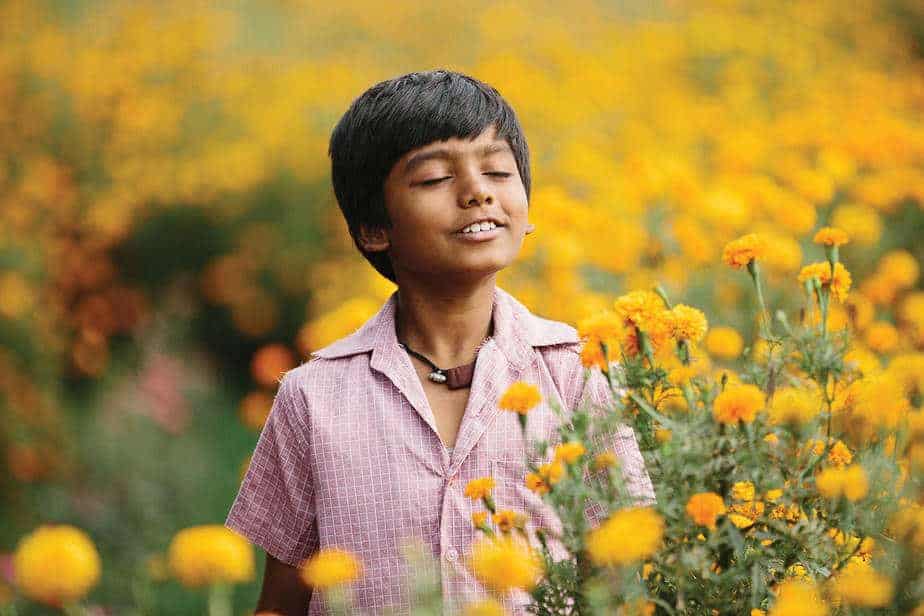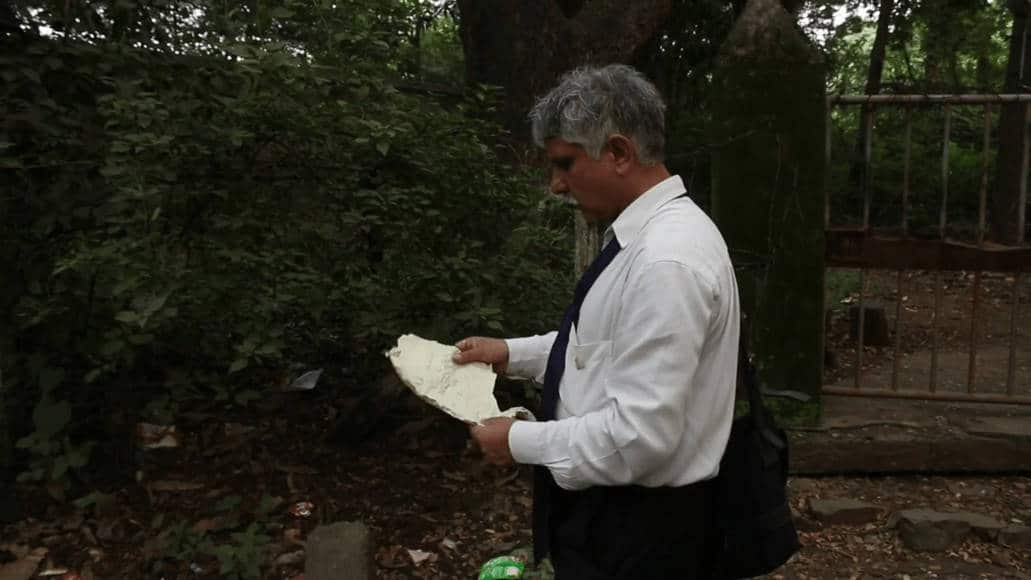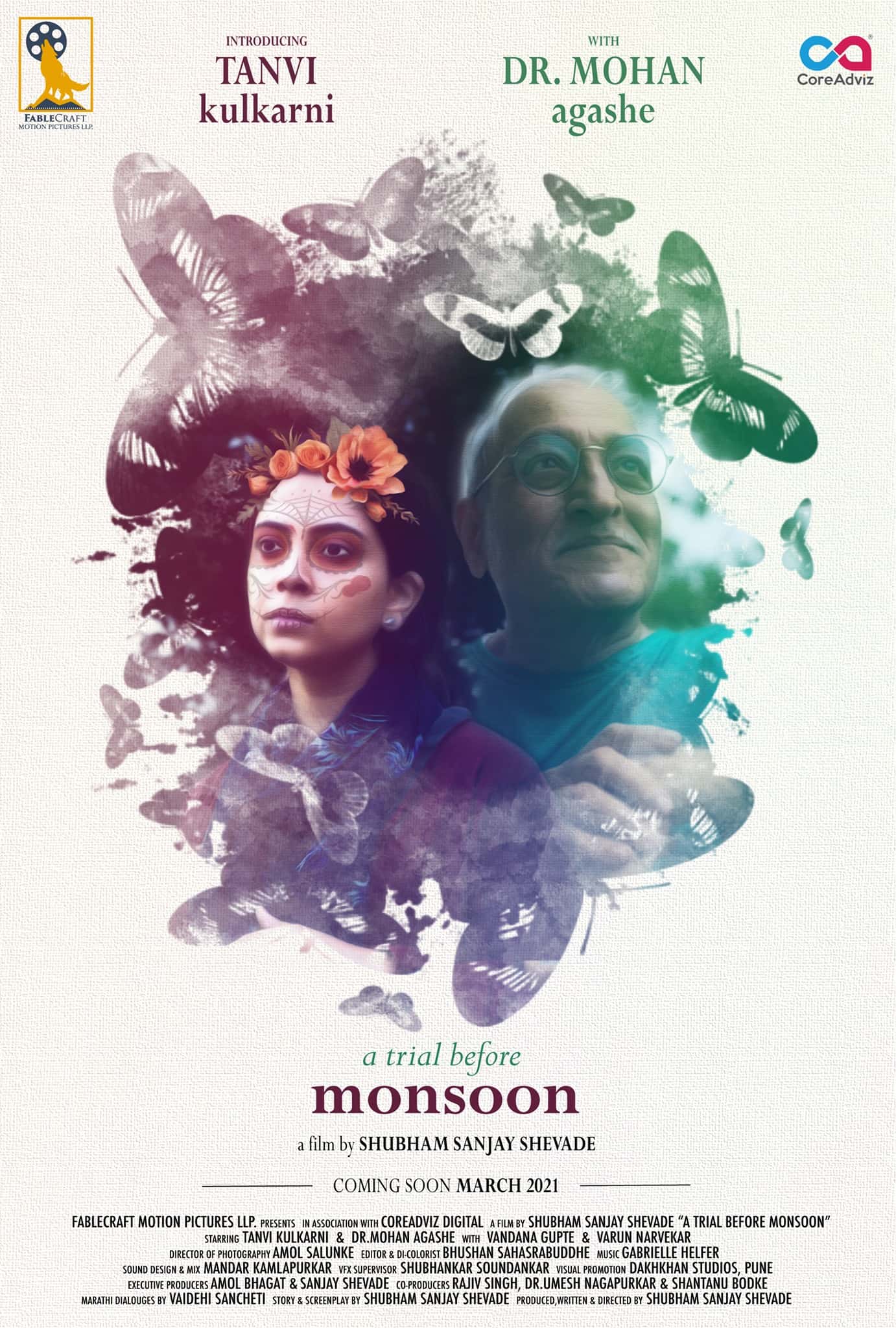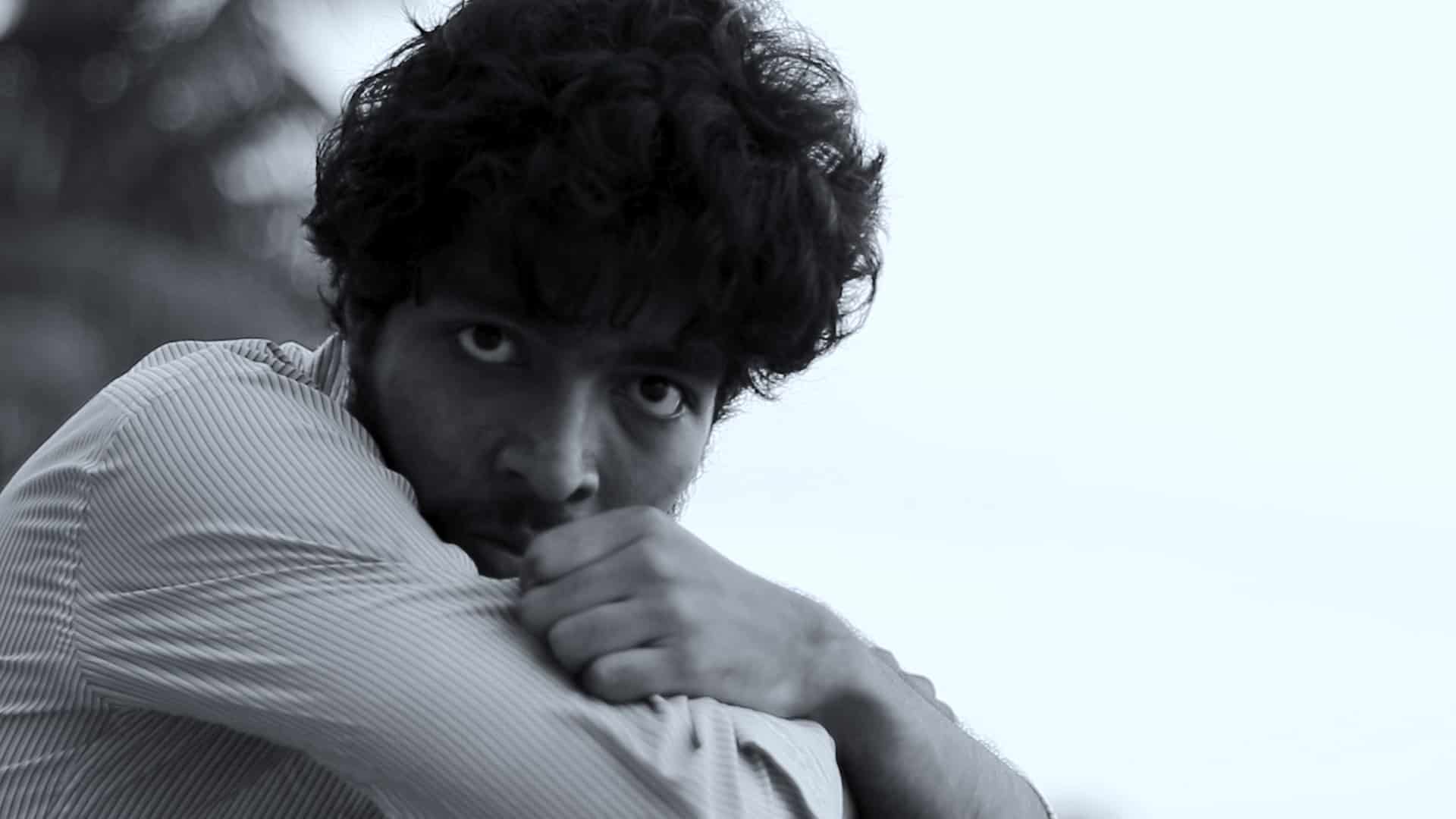Winner of the Grand Prix de Montreal at the 21st Festival International du Film Pour Enfants de Montréal Film (FIFEM), “Relief” is a rather unusual children's film, both for the central concept and the general style, which, after a fashion, functions as a parody of Hollywood movies and a rather pointy satire of the Indian ways.

“Relief” runs as part of the 9th edition of the Bagri Foundation London Indian Film Festival, that runs at 15 cinemas, across London, Birmingham and Manchester, from 21st June to 1st July, with 27 films, including features and short films, in competition. It is the largest South Asian film festival in Europe. Buy your tickets via this website, at respective cinema box offices: http://londonindianfilmfestival.co.uk/
The story takes place in one of Delhi's oldest slums, where most people work separating garbage, and not a single house includes a toilet, forcing everyone there to defecate outside, near the train rails close to the slum. Pichku, however, is not able to “go” there, and instead finds ways to trick his father about the fact that he does his work at home. This act brings tension quite frequently between father and son, but things take a turn for the better, when an initiative by the local government presents money to the people of the slum in order to build toilets, to the great joy of Pichku. His father however, has other plans for the money and a series of events initiates, which has Pichku and a friend of his with the same problem, roaming the streets of New Delhi, where they witness the other, rich side of the city.

The parody of Hollywood movies aspect I mentioned in the prologue derives from the way the concept of the “American Dream” is presented in here. When one is born so poor, the dream can take the form of having a toilet in your house, a “luxury” that is considered a given, even among the “poor” of the “first world”. The way this dream is presented in the film, through extremely vivid colors, almost epic music by Shankar Mahadevan, Loy Mendonsa, Ehsaan Noorani, the rather fast editing by Archit D Rastogi and a number of dream-like sequences, heightens this sense of parody even more. On the other hand, Nila Madhab Panda deals with his main theme with such sensitivity and love, which truly buries this aspect under many layers, to the point that is somewhat difficult to discern if the parody was actually on purpose.
The obvious element though, is the social satire and the pointy social remarks, which deal with a plethora of subjects in the Hindi society. The patriarchic-driven family, the huge gaps between the rich and the poor, the role of the government, the mischievous nature of the poor, and the cunningness of the low level social workers are among the concepts most explored. The main one though, which stayed for me despite the ending, is the sense of hopelessness deriving from having been born in a place like that, where the chances of getting out and changing your life are very few, as a number of episodes portray in the film.

The acting complements the general aesthetics of the film quite nicely. Tathastu gives a great performance as Pichku, highlighting his character's resolve against all odds, while Ranvir Shorey is quite convincing in the role of the strict father.
“Relief” is an impressive film, which manages to hide meaningfulness and social drama under layers of colors, comedy, music and dancing, in a package that succeeds on all aspects.















